LGBTQ+ PRIDE is here once again, and every year that passes I check in with myself to see what that means for me (a queer cisgender woman), my queer community, and the communities I serve.
I made it to where I am today because of my community and my siblings, but it was a long and difficult road. My siblings and I spent years in and out of the foster care system or forced into the streets. I spent several bouts in the juvenile and adult justice systems. At 19 years old, my partner died in my arms, and by 25 I had survived multiple sexual assaults and violent relationships. I jumped from one traumatic event to another and subsequently I have been in treatment for anxiety, major depression, and post-traumatic stress disorder (PTSD) for the last decade. Today I stand before you a clinical nurse, nurse educator, nurse scientist, and PhD student at Johns Hopkins School of Nursing – all of which bring great meaning into my life—thanks to the support of my family and community.
To me, community is powerful. It is where I feel safe, supported, and relied on, but also where I can mess up and be called on my stuff, shown harsh realities, and encouraged to do better. Because of my past, I feel a strong connection to people in the queer community who experience violence, especially transgender persons.
Here’s a short vignette to highlight some unfortunate truths about life as a transgender person:
Star is a 24-year-old transgender woman who came out to her family as transgender at 14 years old. After coming out, she was physically and emotionally abused by her family and eventually forced out of her home. Over the years Star struggled with housing insecurity, discrimination, and violence from potential property owners, as well as community members, law enforcement, and coworkers.
Late one evening, a stranger followed Star into her building and sexually assaulted her at gunpoint. The assailant promptly vacated her apartment and left Star alone, traumatized, and wondering what she should do next.
Star wants help but doesn’t know where to turn. Does she call the police, who have repeatedly targeted her? Does she call a friend or her boyfriend? Does she go to the emergency department or a clinic – even though she is not insured and they previously refused to treat her based on her transgender status?
Star’s mental distress increases and she begins to feel hopeless. Her nightmares about the sexual assault bleed into her daydreams and flashbacks interfere with her work. Star distances herself from her friends and co-workers and contemplates suicide.
Unfortunately, LGBTQ+ persons like Star and myself report notably high rates of violence and discrimination with co-occurring mental health disorders such as depression, PTSD, and suicidal thoughts. Additionally, LGBTQ+ persons often delay seeking help from law enforcement and medical professionals due to a history of abuse by members of those professions.
We need more research and tailored interventions to address violence and health outcomes for LGBTQ+ persons. That’s why I focused my nursing research on bridging the gap by investigating the intersection of violence and queer life. Specifically, my dissertation examines the influence of oppressive systems (i.e. racism, sexism, heterosexism, cisgenderism) and the influence of transgender community connection on health outcomes among Black/African-American and Latinx/Hispanic transgender persons who have experienced violence.
LGBTQ+ PRIDE celebrates historical protests fighting for equal rights and is now a movement dedicated to creating safe and supportive communities that celebrate our lives in their authenticity. But our community, our PRIDE, is still vulnerable to racism, sexism, heterosexism, and cisgenderism. A LGBTQ+ person can hold multiple oppressed identities that increase their chances of discrimination and victimization. For example, a black lesbian transgender woman could be targeted as a lesbian, a black person, or for having a non-conforming gender identity.
We uphold the legacy of those who came before us and lead the way for generations to come by working within our communities to break down these systems of oppression. In a way, LGBTQ+ PRIDE means love, unity, strength, and resilience; but most of all, it means that we are responsible for fighting for our communities and the right to live a true and authentic life in all settings. Our communities need more allies to assist in this journey to equality. Hopefully, Star’s story and my own will inspire more people into action. Don’t let LGBTQ+ PRIDE happen only once a year – make every day a celebration of your community, your authenticity, and your fight for equality!
Thank you to Dr. Tamar Rodney, Dr. Sarah Allgood, and the team at the JHU Nursing Magazine, for their support and encouragement to share my thoughts with you all.
This blog is a part of the “Dialogues in Health Equity” series by the Health Equity Faculty Interest Group. They are committed to decreasing health disparities experienced by local and global communities by promoting social justice and health equity through nursing practice, research, education, and service.
Dialogues in Health Equity
- The Threeness: A Black, Gay Man in America
- Aggressive Use of Power, People of Color, and Its Silent Threat to Health
- Racism in Care: Speak Up to Save a Life
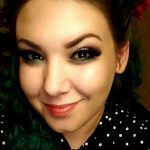 ABOUT THE AUTHOR: ATHENA D. FORD
ABOUT THE AUTHOR: ATHENA D. FORD
Ford is a Ronald E. McNair Scholar, Robert Wood Johnson Foundation Future of Nursing Scholar, and Nurse Faculty for the Future Fellow. She earned her bachelors in nursing science from the Valley Foundation School of Nursing at San Jose State University in 2015 and is a current PhD candidate in Nursing Science at the Johns Hopkins University School of Nursing.
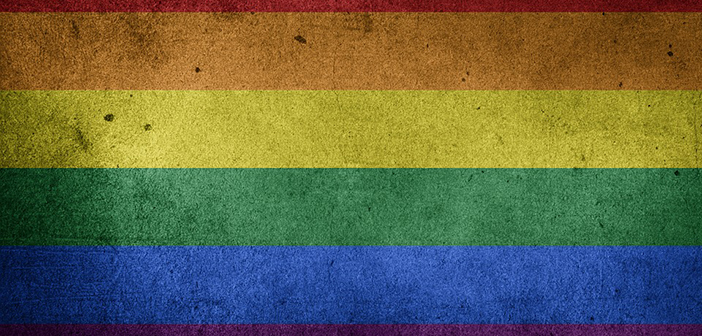
 Forging Policy: How Can Doulas Improve Black Maternal Health?
Forging Policy: How Can Doulas Improve Black Maternal Health?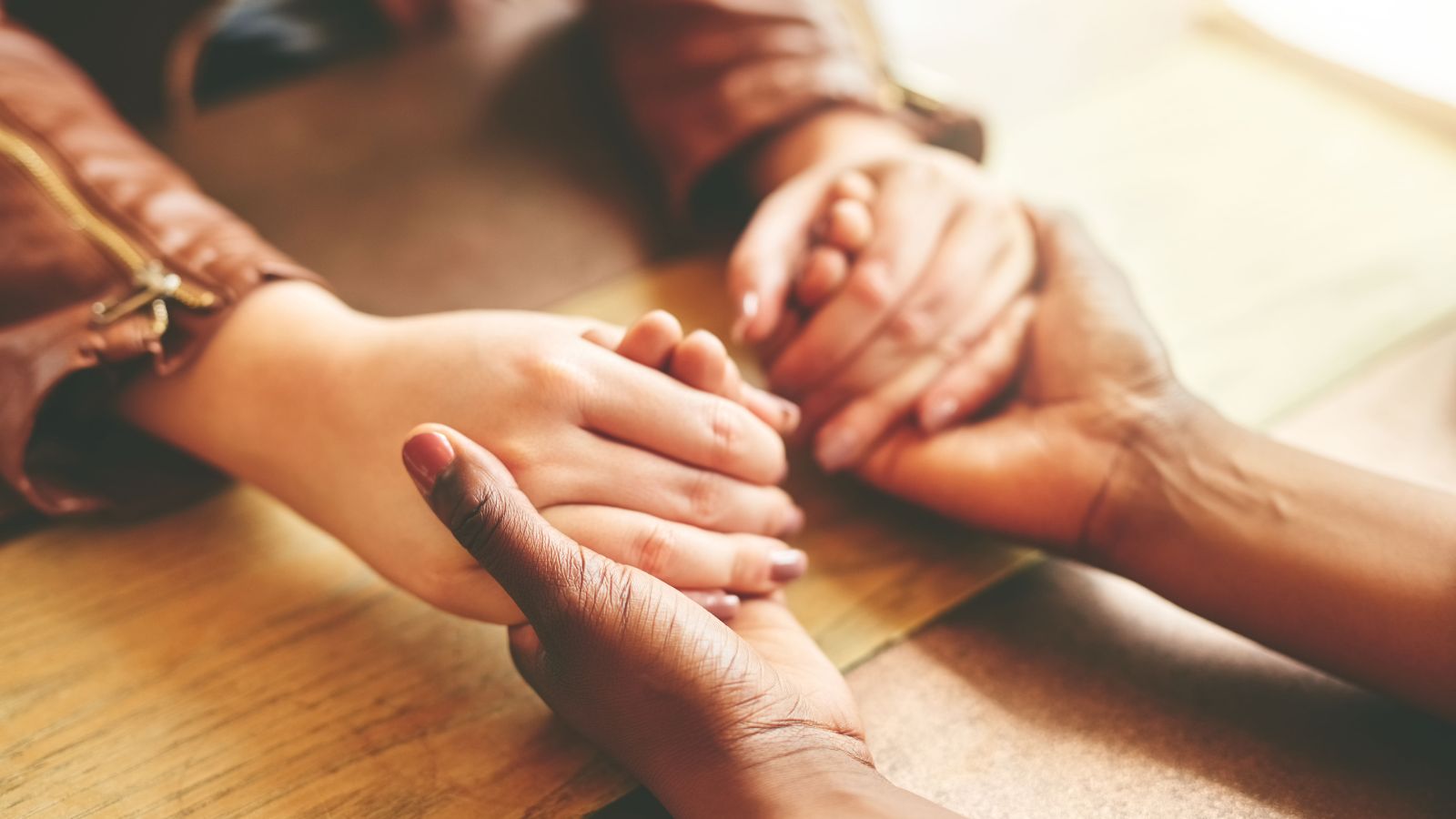 My First Teachers in Nursing School Weren’t Nurses
My First Teachers in Nursing School Weren’t Nurses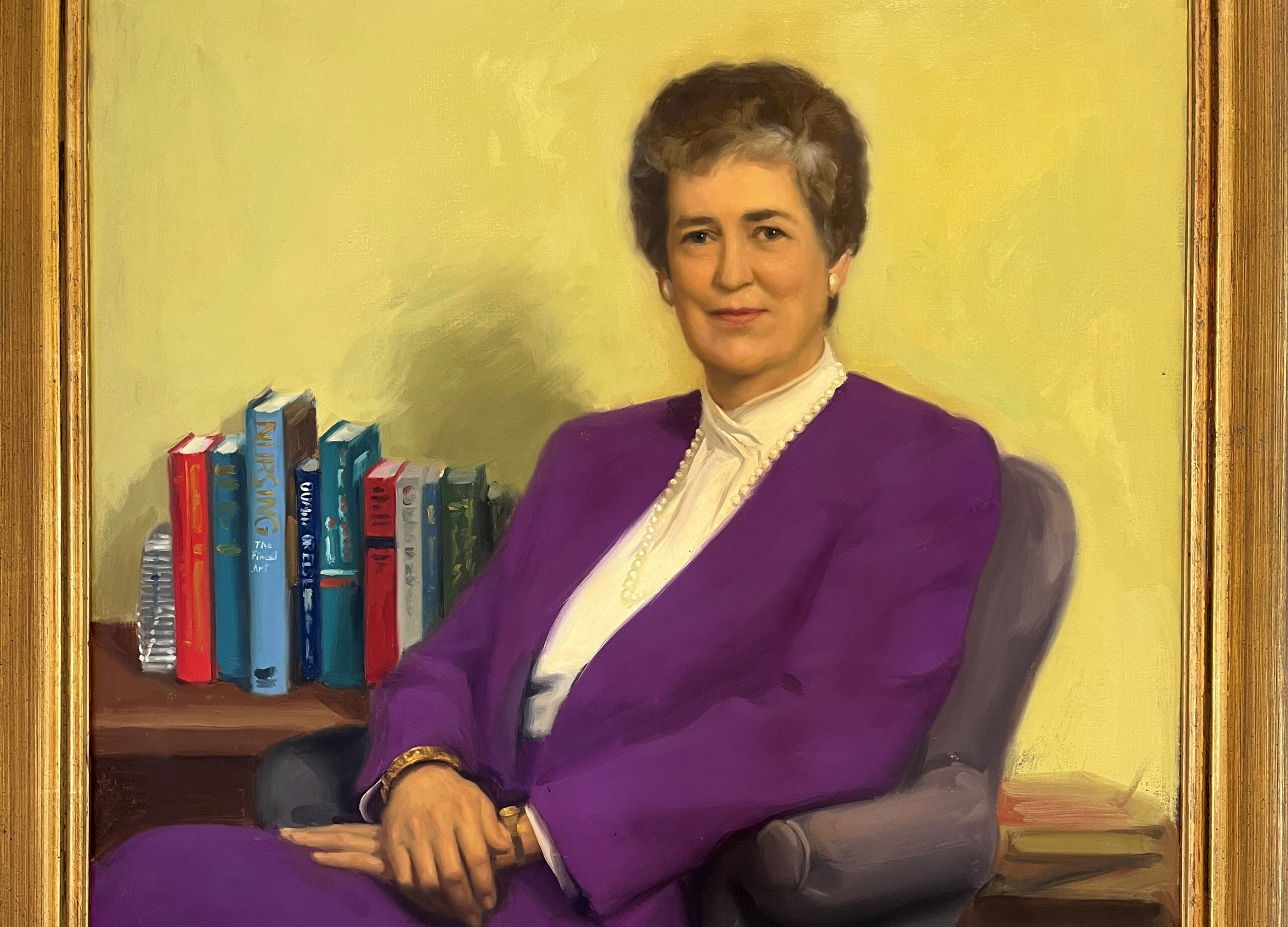 Remembering Carol Gray, First Dean of JHSON
Remembering Carol Gray, First Dean of JHSON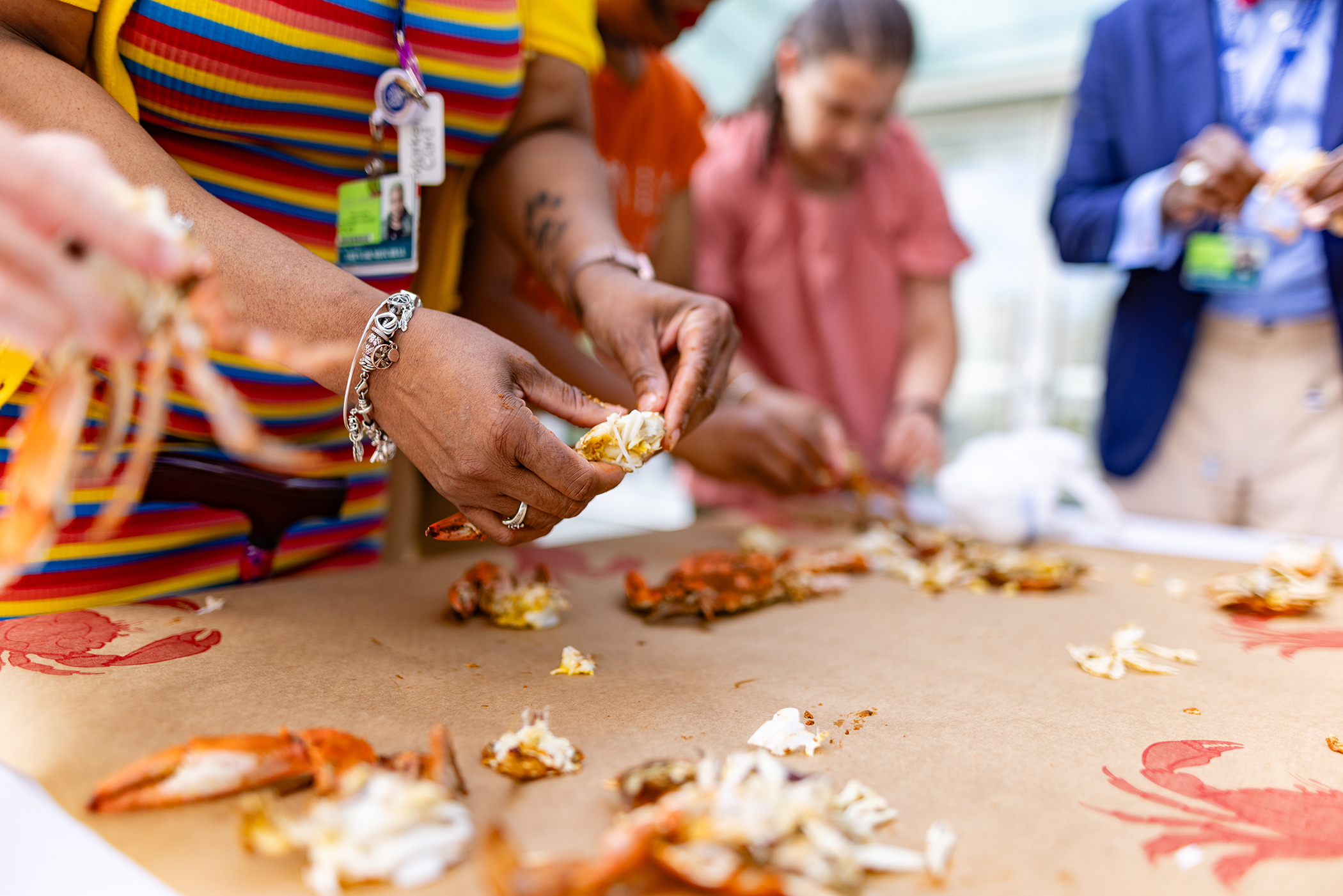 JHSON Highlights
JHSON Highlights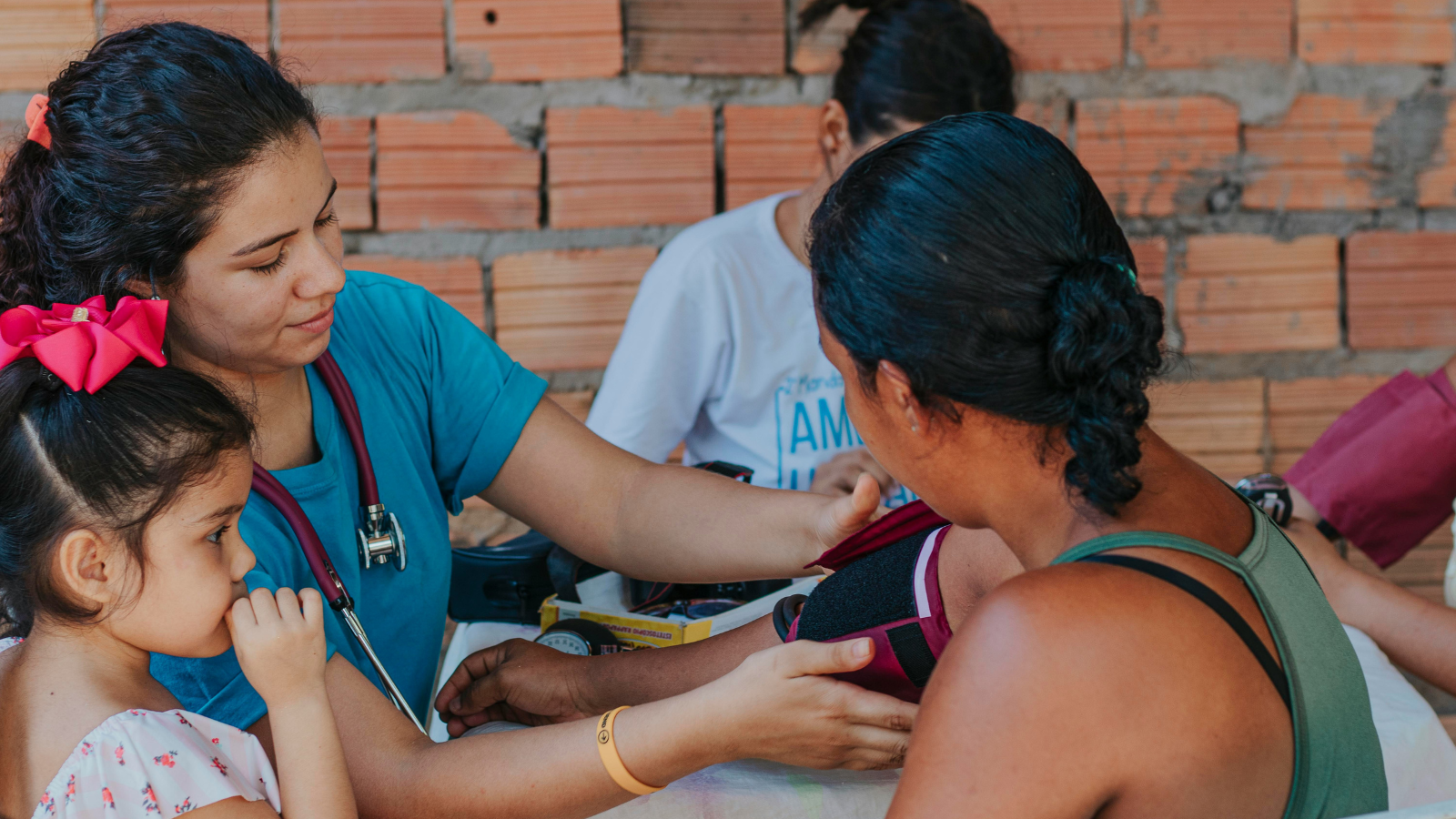 What Works: Community-Led Research Promotes Evidence-Based Strategies to Improve Indigenous Health by Championing Indigenous Nursing Practice
What Works: Community-Led Research Promotes Evidence-Based Strategies to Improve Indigenous Health by Championing Indigenous Nursing Practice






